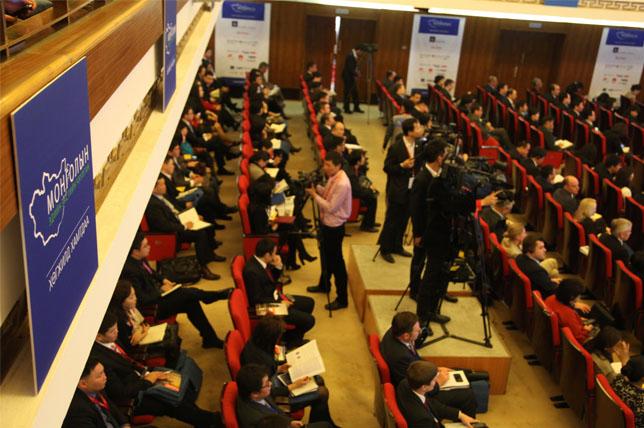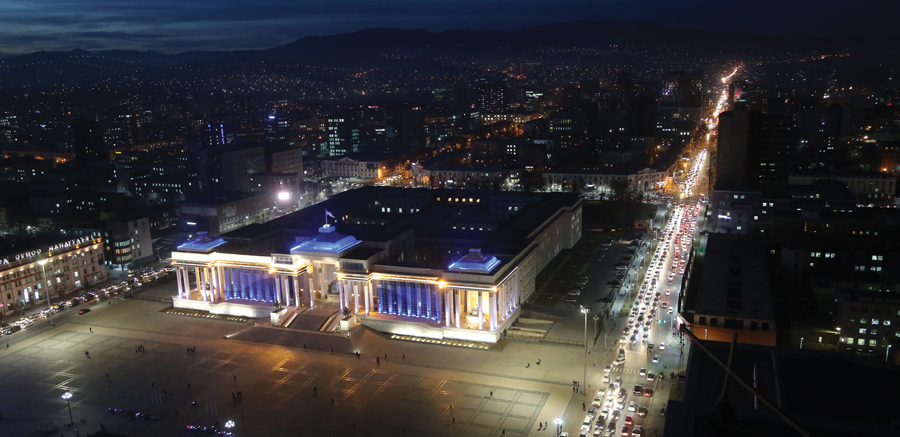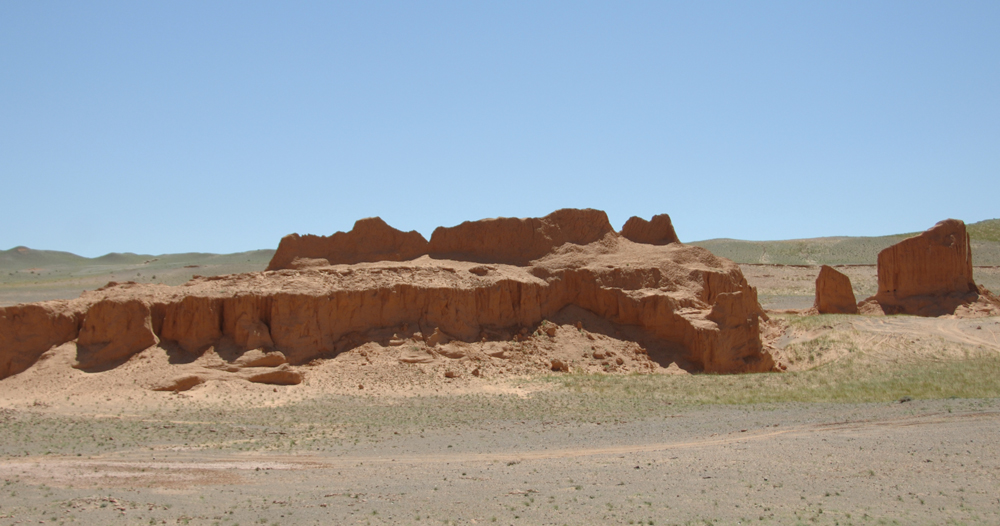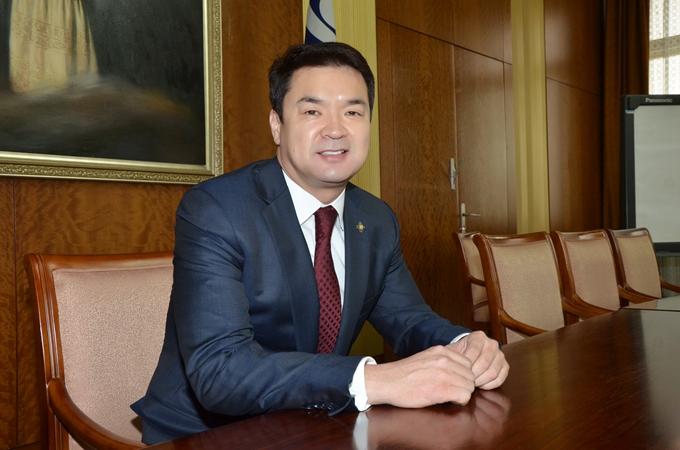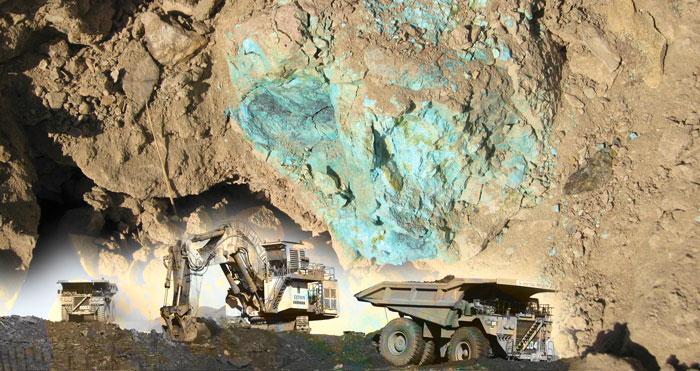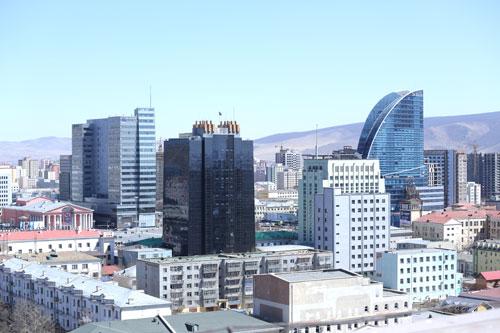Economy
The 2020 budget: Spending splurge but are we sure we have the money?
Taking full advantage of the surge in mineral exports, the ruling Mongolian People’s Party has prepared the 2020 budget as a typical election year exercise, hoping to impress voters by generous public expenditure. No one should be surprised that all IMF warnings not to give in to electoral compulsions and pleadings to stick to a tight fiscal policy and improve fiscal discipline have been ignored. The Finance Minister may well say that the budget shows a rise in revenue also and even if he spends more, at 5.1% of GDP the estimated deficit is still within acceptable limits.
World Bank to Join the Mongolia Economic Forum
Ulaanbaatar, Mongolia, May 17, 2018—Christine Zhenwei Qiang, PhD, Practice Manager for the Global Investment and Competition Unit of the World Bank Group’s Macroeconomics, Trade and Investment Global Practice, will attend the Mongolia Economic Forum (MEF) in Ulaanbaatar on May 21 and 22.
Umnugobi shows the way in local involvement
Mongolia’s largest aimag, Umnugobi, has acquired the status of a “strategic aimag”, with its three strategically important deposits contributing significantly to the country’s economy. It is also one of the few aimags that do not accept any subsidy from the state budget.
PM raises hopes, but not for overnight change
The very first speech made by the new Prime Minister, Ch.Saikhanbileg, gave people hope that the Government under his leadership indeed has a well thought out “recipe” to tackle the economic crisis.
Mining sector contributes 18.5% to GDP in first half of year
According to figures released by the Mining Ministry, the mining sector was responsible for 18.5% of Mongolia’s GDP in the first six months of 2014. It also made up 66% of the industrial sector, 83.2% of total exports, 17.5% of the national budget and 81% of foreign direct investment.
Fitch revises Mongolia outlook to Negative from Stable
Fitch Ratings has revised the Outlooks on Mongolia’s Long-Term Foreign- and Local-Currency Issuer Default Ratings (IDRs) to Negative from Stable and affirmed the IDRs at ‘B+’. The Country Ceiling is affirmed at ‘B+’ and the Short-Term Foreign-Currency IDR at ‘B’. The issue ratings on Mongolia’s senior unsecured foreign- and local-currency bonds are also affirmed at ‘B+’.
China Iron Ore Price Index For 3rd Week, September
According to China Iron & Steel Association (CISA), China Iron Ore Price Index (CIOPI, April 1994=100, 62% Fe content) for the third week (16 - 22) of September 2012 turned out to be 358.37 with a slight increase by 0.04 points from the previous week. Hike in domestic iron ore price positively affected the index while imported iron ore price continued to decrease.
Coking coal market quiet as steelmaker bids stable
The seaborne coking coal market was unchanged Wednesday as several Chinese market participants gave indicative bids at current levels. Platts assessed both premium low-vol and mid-vol hard coking coal with 64% CSR (coke strength after reaction) unchanged at $140.50/mt FOB and $124/mt FOB Australia respectively. Purchasing managers at two large Chinese mills said prices for Australian premium material were exhibiting some signs of stability.
China Iron Ore Price Index Falls For 4 Consecutive Weeks
= Price gap between imported ore (including tax) and domestic ore expands to about RMB 55 =
According to China Iron & Steel Association (CISA), China Iron Ore Price Index (CIOPI, April 1994=100, 62% Fe content) for the second week (10 - 14) of September 2012 turned out to be 358.33 with a decrease by 17.58 points (4.7%) from the previous week, which hit the lowest level since CISA started to announce CIOPI from September 2011 for four consecutive weeks.
China Aug coal imports down on yr for 1st time
China’s coal imports fell for the first time this year in August compared with the year-ago level, as overseas coal is losing its price advantage over domestic supplies following the recent price falls and sluggish demand in China. Coal imports, including lignite, amounted to 20.44 million tonnes in August, slumping 15.8% from the month before, and down 0.7% from one year ago, showed the latest data from the General Administration of Customs.
Most of China’s ODI in Q1 went to minority deals
Resource deals dominated China’s outbound investment of $21.4 billion in the first three months of 2012, with assets in South America the most sought after by mainly State-backed buyers, a study shows.A $4.8-billion deal struck in March by state-controlled Sinopec, China’s second-largest oil-and-gas producer, for 30% of Petrogal Brazil was the quarter’s single biggest deal and one underlining an emerging trend of China purchasing minority stakes.

